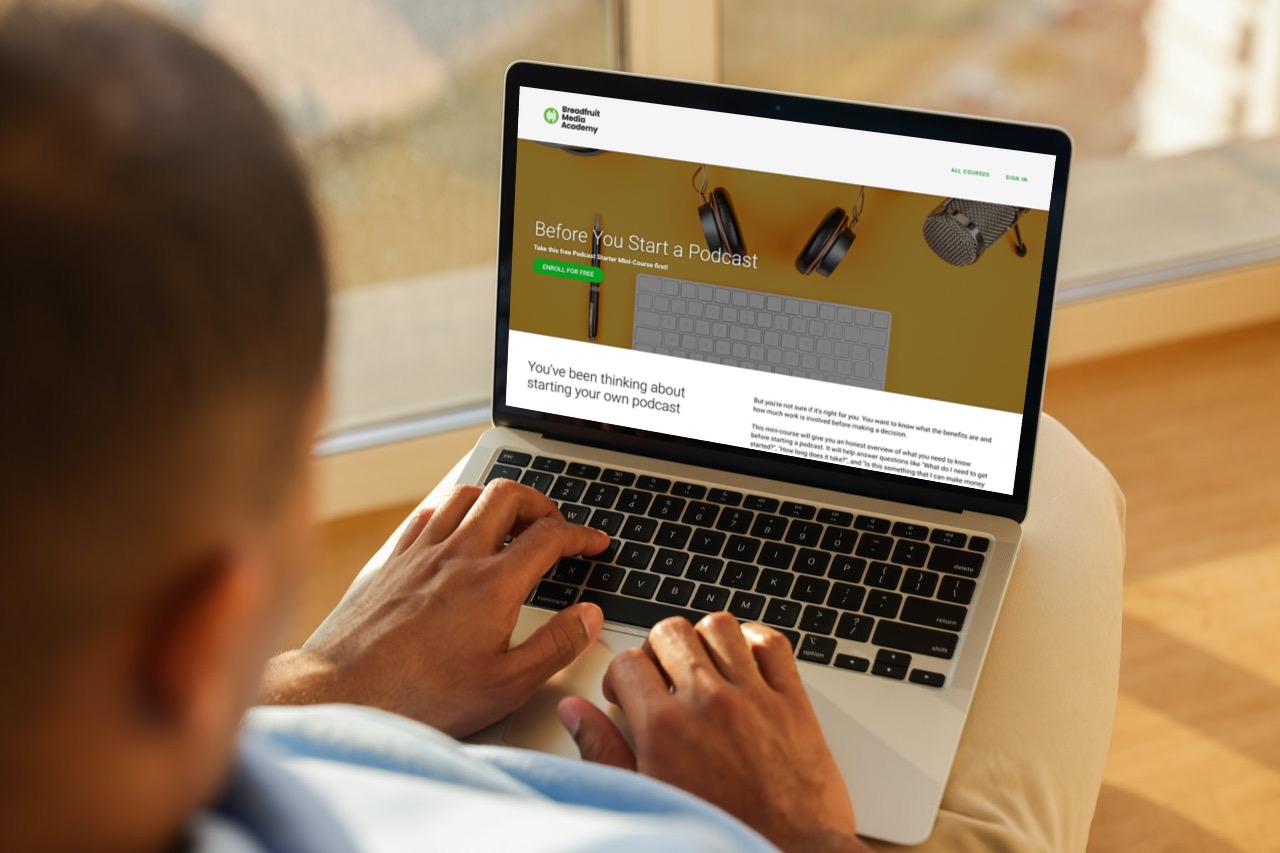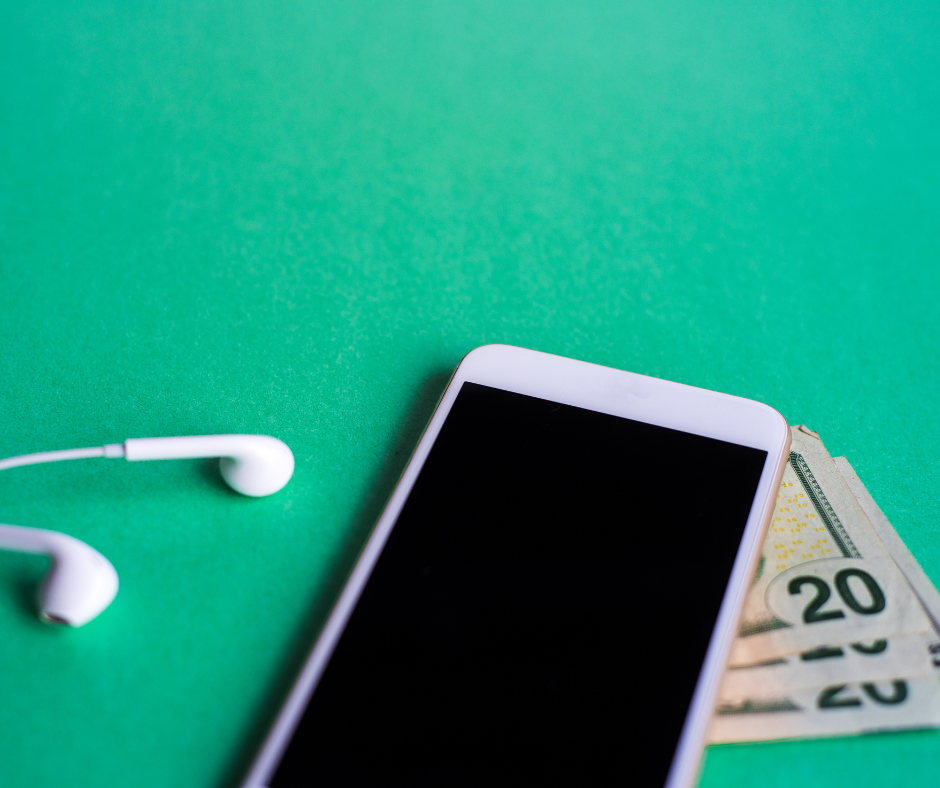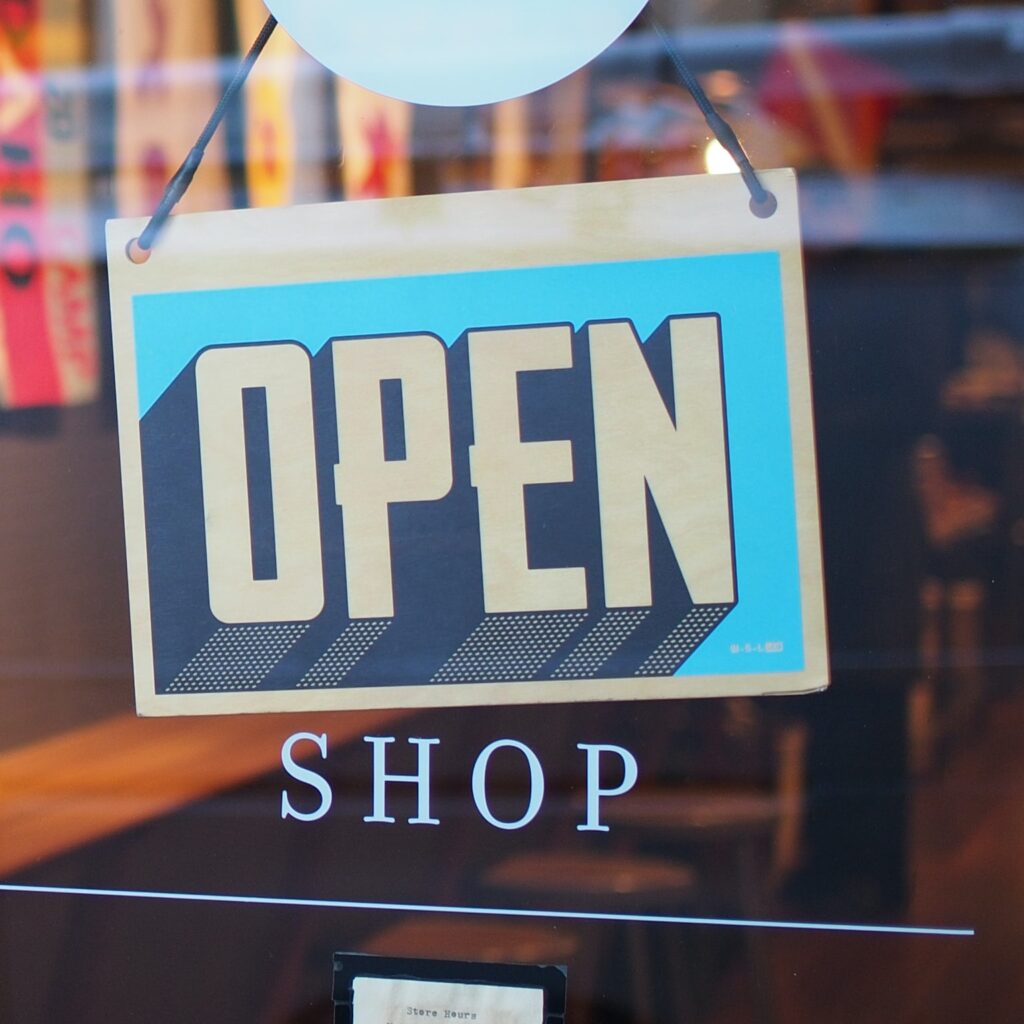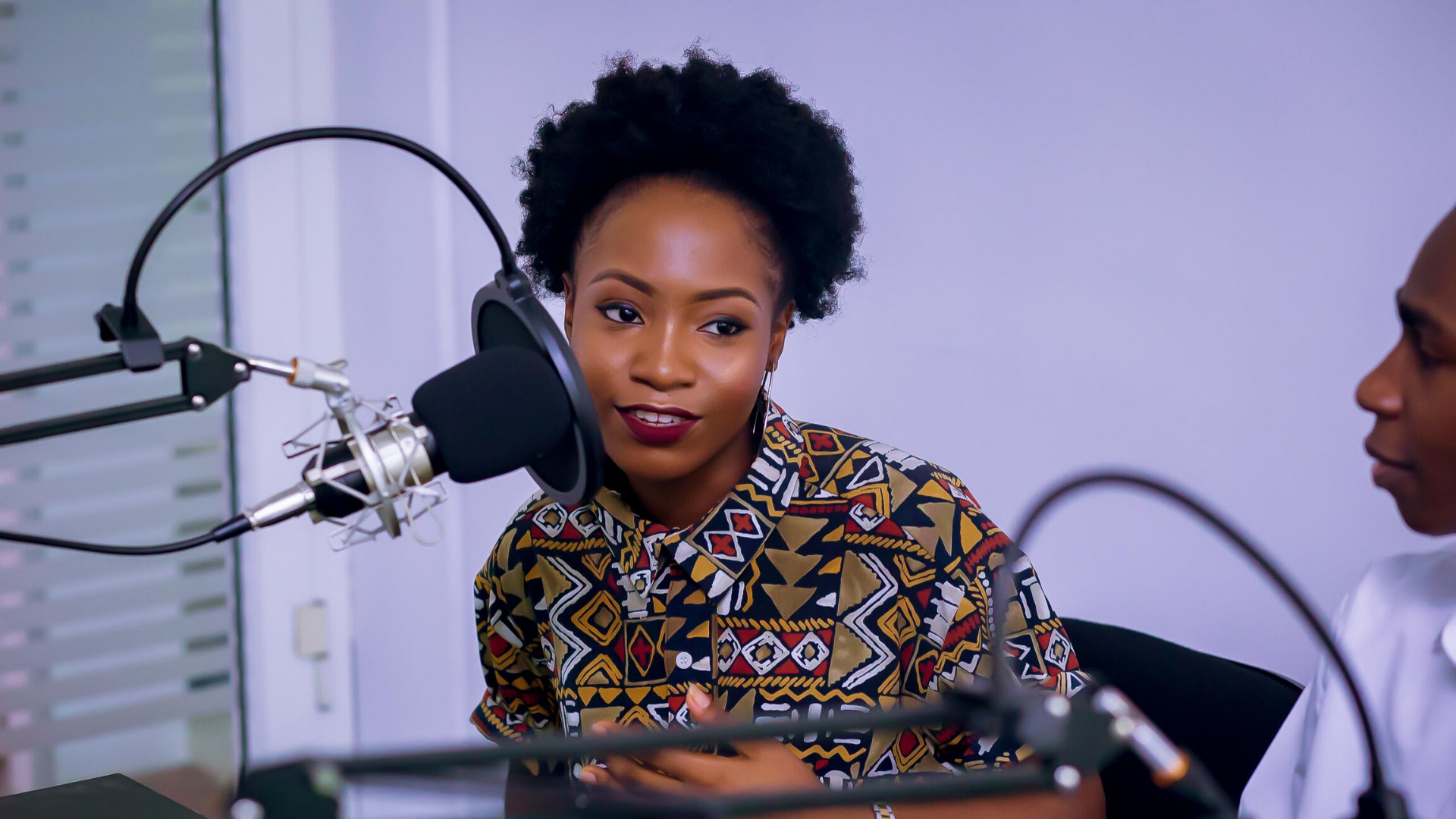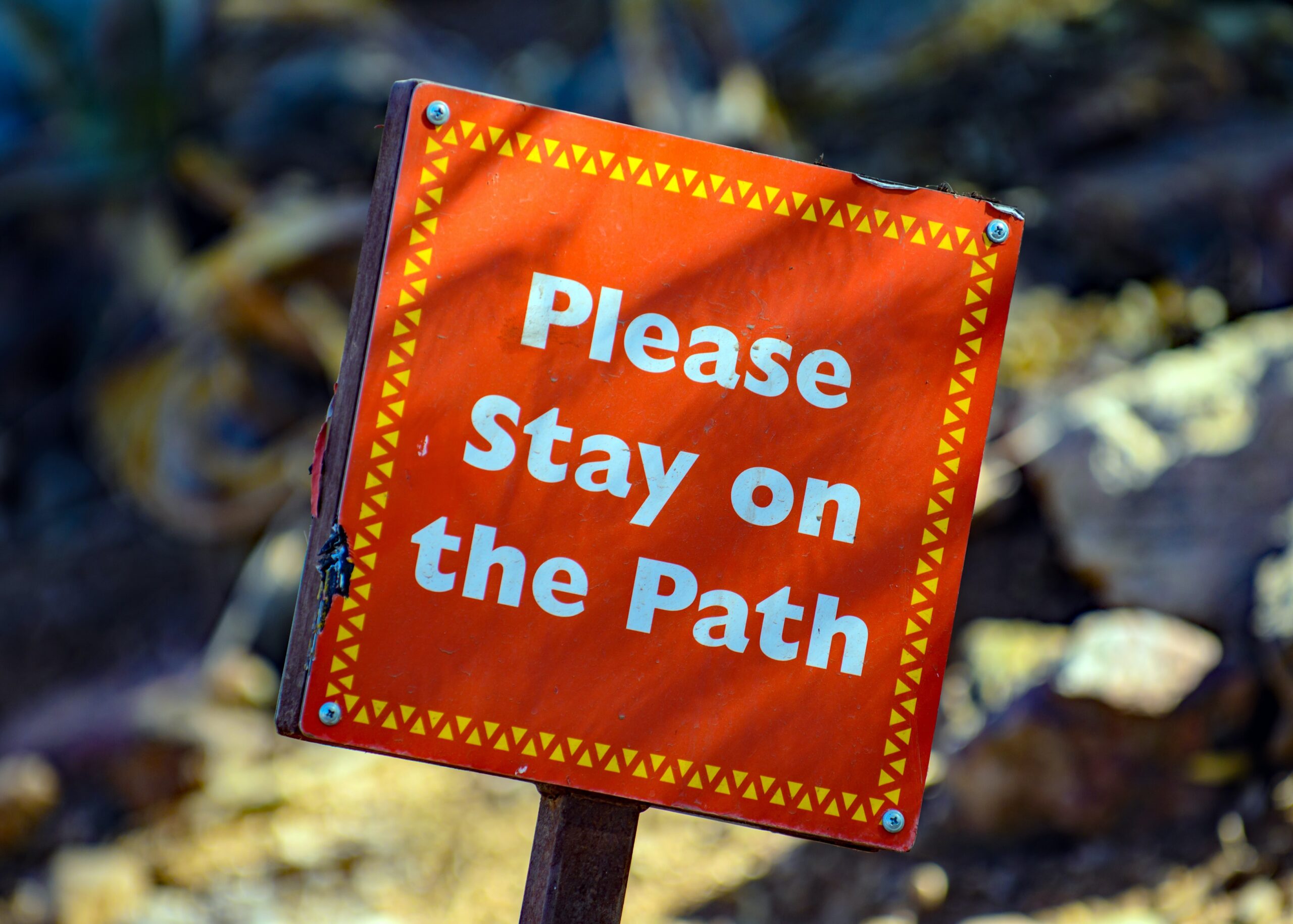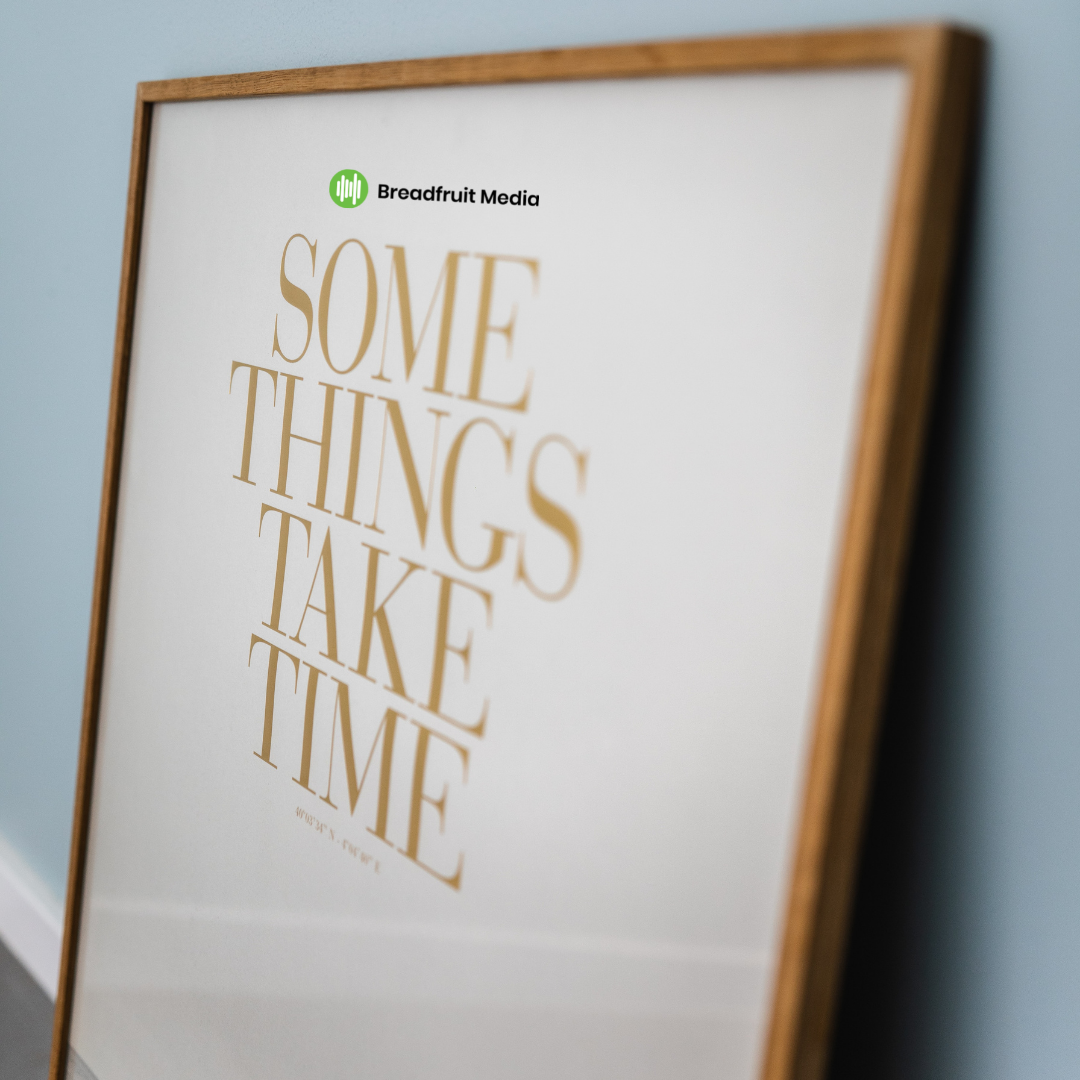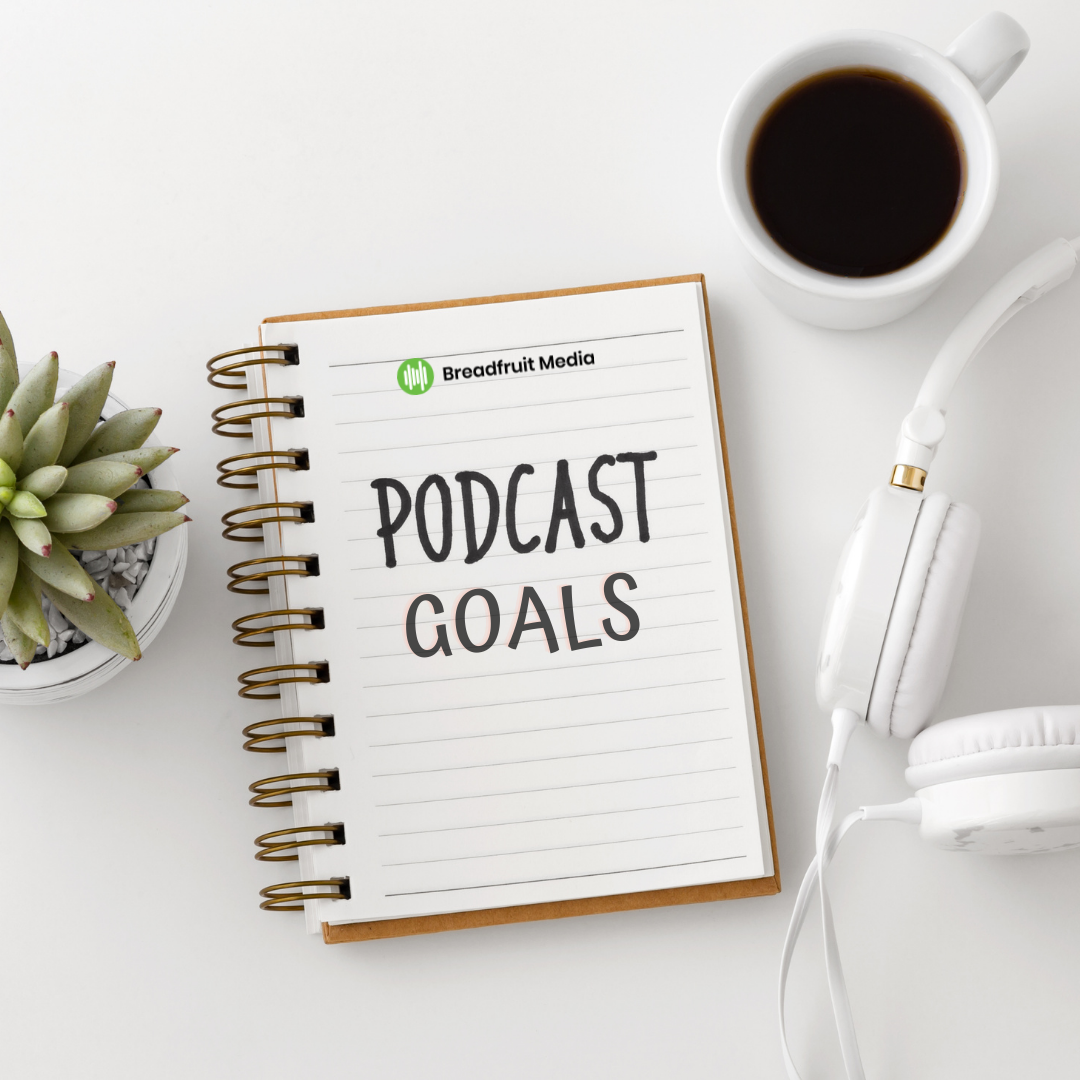What is Creative Burnout?
Creative burnout is not your average burnout of physical, emotional and mental fatigue. It’s a specific type of burnout that comes from creative work. This burnout hits differently, but many podcasters don’t know that it’s different; or maybe they know it’s different but can’t quite explain how or why.
It’s not about being consistent, because you haven’t missed a release day for an episode. It’s more than needing a 4 week break. You’ve simply lost the podcast zeal because that creative tank is on E, for empty. When you’re podcasting, it can feel like you’re always on duty. You have to come up with new content ideas, record and edit your episodes, promote your show, and more. On top of all of that, maybe you also have a full time job, or a full time business and family responsibilities. You’re at a crossroads and as hard as you push or try, you can’t stay motivated.
Then there’s the guilt. On one hand, you may be feeling guilty about quitting the podcast and disappointing others. You may also feel guilty, almost resentful at the thought of continuing to do it because right now your heart isn’t in it.
I know where you’ve been because I’ve been there twice. Yes, twice. The first time was back in 2018 and the second, in 2021. The truth is as an independent podcaster you’re likely to have this experience multiple times, and you will feel embarrassed by this struggle, which is why most people don’t talk about it. The first time I went through this it was hard, but when that feeling came up again, most recently in 2021, I was able to recognize it immediately. I used improved strategies from my first experience to help me get through it.
Perhaps you’ve been on your podcast journey for a year, or two, or 7, or more like me. It’s ok to go through these periods of not feeling it, and thinking about whether it’s time to pivot or sunset the podcast.

Strategies that Help to recover from Creative Burnout
If you’re a podcaster who is struggling with creative burnout, here are some strategies that I’ve used, to help me or my clients recover.
The First Step: Plan to take a break. You need time to recharge, refocus, and recenter yourself. This can be a difficult decision to make, but it’s important. Also, notice the word “plan”. Your burnout doesn’t happen overnight, it creeps up slowly. Once you start recognizing that burnout is looming, it’s time to plan for the break. The break could take many forms based on your show, your relationship with your audience, and the time of year. The most important part of taking a break is keeping it real with your audience by letting them know about the change and the reasons for it.
In addition to rest, do non-podcast things: One of the best way to get your creativity back is to take a break from whatever it is you’re doing. Stepping away from your podcast and doing other unrelated things can help you clear your head and come back with fresh ideas.
The second step is to reflect. Here’s where you think about what specifically is challenging or frustrating you, that may be contributing to your creative burnout. The goal here is to try to identify the root cause or all the things that are causing your creative burnout.
The third step is where you have an honest conversation about the things you’ve uncovered in step 2, where you spent time reflecting: You may have realized that your creative rut is a result of losing focus of the original goal of the podcast. Or Maybe the show is not working but you have to be very clear about what exactly isn’t working. In this step you are considering whether it’s time to revamp the podcast, retire the podcast or maybe start a new podcast. I remember during my first creative burnout I asked out loud to my friend – what if I quit Carry On Friends? They were shocked and said they weren’t ready to even process that decision. But I was serious! If I pack it up and retire the podcast what would that look like? Am I just retiring the show or from podcasting altogether? At the same time, if I continued, what would need to change?
The last thing, but also the most important thing is to get support. Whenever I went through a burnout spell, I always had someone who agreed to be supportive and listen to the doubts, concerns or to just bounce ideas off of. Having another supportive person or two, can help to give you some new perspectives on how to approach your podcast and jumpstart your creativity.
I hope these tips were helpful and that you can use them the next time you’re feeling creatively burnt out. Do you have any other tips on how to overcome creative burnout? Share them with us in the comments below!
If you liked this article, be sure to subscribe to our newsletter for more podcasting tips and resources.









